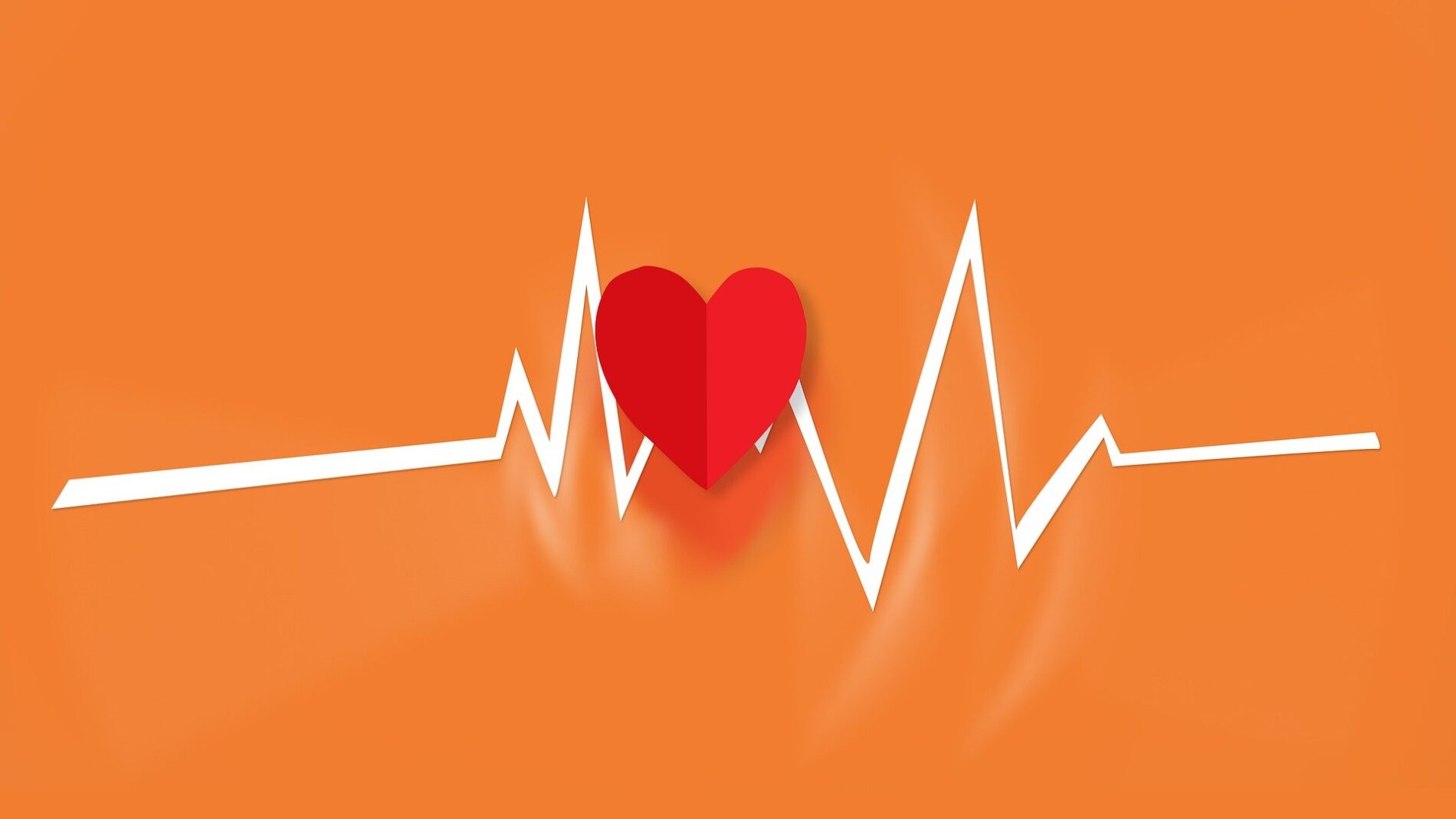
Recently scientists brought to light one riveting fact about our health: inflammation greatly conduces to a surprising number of conditions — starting from the common ones such as asthma or arthritis to unlooked-for ones such as depression, Alzheimer’s, cancer, and cardiovascular disorder. Read on to figure out how inflammation affects our health, in particular, cardiovascular diseases.
The role of inflammation in our bodies
The inflammatory response happens when tissues are injured by bacteria, trauma, toxins, heat, or any other causes. The harmed cells release chemicals including histamine, prostaglandins and bradykinin. These substances cause blood vessels to leak fluid into the tissues, causing swelling and other conditions.
There are two types of inflammatory response: acute and chronic. People are mostly familiar with acute one which is rendered in the form of redness, warmth, swelling, and pain around tissues and joints. Although people tend to think that inflammation needs to be stomped out at all times, it does play a crucial role in healing and injury repair to keep your body safe and healthy. The saying “too much of a good thing” best applies to this process, as a chronic state can easily turn into a silent killer that contributes to heart diseases, malicious neoplasms, diabetes, and other conditions.
It is already unveiled that inflammation triggers cardiovascular disorders. However, how could this condition be a cause of something that seems as noninflammatory as heart disorders? Medical experts say that inflammatory response plays both a general and a specific role. In general, it contributes to cardiovascular disease and autoimmune diseases.
Elevated insulin and blood sugar, trans fats, and homocysteine irritate and inflame the endothelium, or the lining of our blood vessels, launching the process of coronary artery disease. That is why swelling can both start and speed up heart disorders.
What causes inflammatory processes?
Researches on preventing heart disease demonstrate that inflammation triggers heart disorders and that eating habits trigger inflammatory processes. Products included in these “inflammatory diets” are red meat, starch-based foods, and sweet beverages. Animal source foods are high in saturated fats, which not only increase blood clotting but are also highly inflammatory.
However, this heart condition can be avoided should a person include anti-inflammatory foods in his or her meals. Consuming plant-based diets can help reduce the risk of getting a diagnosis of cardiovascular disease or even dying from it.
A well-balanced diet can change the odds
Cardiovascular diseases are the leading cause of death across the globe. And one of the most significant risks is an unhealthy diet. As inflammation leads to endothelial dysfunction, which entails vascular disease and atherosclerosis, the best you can do is to make your eating habits as healthy as your lifestyle allows. One of the most familiar heart helpers is garlic and dark chocolate.
Garlic may help reduce inflammation, hence adding garlic to a meal could help in boosting endothelial function and vascular elasticity and, as a result, prevent cardiovascular disease.
Dark chocolate may also help slow down and minimize inflammatory processes, and it may also better endothelial function, enhancing blood vessel function and dilation enough to significantly tamp down the likelihood of heart disease.
Foods that can save our hearts
The following are all vigorous anti-inflammatories that may bring a beneficial effect in preventing heart disease:
- Black beans;
- Red wine and resveratrol;
- Salmon;
- Omega-3s;
- Olive oil;
- Walnuts;
- Almonds;
- Tofu;
- Oranges;
- Dark leafy greens;
- Oatmeal;
- Low-fat yogurt;
- Foods fortified with sterols;
- Cherries, blueberries;
- Green tea and many others.
There are two important things we should take into account in terms of the inflammation-heart health connection. The first is that ordinary and yummy dietary changes and natural supplements may make a difference in preventing and curing cardiovascular disease. The second is the need to stay tuned for the first heart-health warning signs such as pain, digestive issues, blood sugar issues, or depression among others. Following these simple and easy-to-implement tips can better the health of our hearts.


